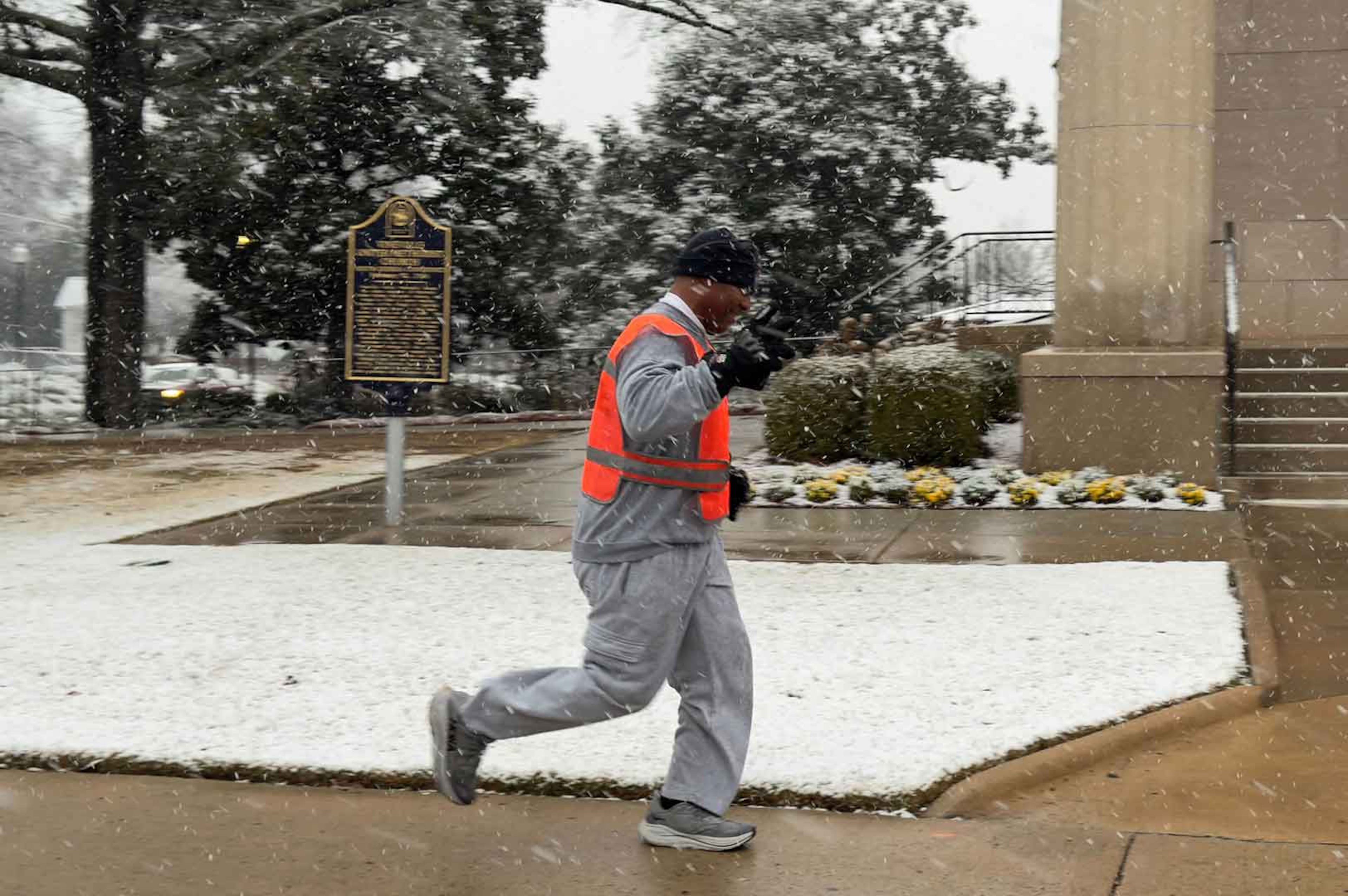Atlanta, United Way partner in $50 million fight to end homelessness

Atlanta’s city council on Monday approved funding for an ambitious plan to curb homelessness, announcing a $26 million bond commitment that will be added to $25 million already promised by the United Way.
The funding, a priority for the city in Mayor Kasim Reed’s last year in office, has been in the works for months — even before a recent announcement that the city planned to close the controversial Peachtree Pine homeless shelter downtown.
During his "state of the city" address in January, Reed disclosed that the United Way of Greater Atlanta had pledged to match city funding that will be used to renovate housing for the homeless and add more shelter space. City officials did not say where those would be located.
“I am proud to announce that with the unanimous approval of the Atlanta City Council, we will move forward with our $50 million commitment to make homelessness rare and brief in the City of Atlanta,” Reed said in a written statement.
“We now have the opportunity to end chronic homelessness in our city, and ensure that all women, men and children – regardless of circumstance – have the chance to live stable, meaningful lives and participate fully in their communities,” he continued.

Around $7.6 million of the money from the Homeless Opportunity Bond will be used for the acquisition and renovation of shelters over the next three years, according to the city. The specific facilities have yet to be determined, but could include Jefferson Place, a closed shelter owned by Fulton County in downtown Atlanta that could be turned over to the city.
However, the biggest portion of the money — more than $16 million — will go to buying or renovating 500 units for housing throughout the city that can be used to offer permanent homes for the homeless, the primary goal of the city’s homeless initiative.
“It reintegrates these people back into the fabric of our society,” said Atlanta City Councilman Michael Julian Bond, who sponsored the measure. “I think warehousing is an outdated concept. Sometimes that works if we are looking for a central place to provide services, but we want people to come back into the fold of the whole society.”
More than 3,500 men, women and children in Atlanta are in need of some kind of shelter, according to an analysis conducted by the non-profit Partners for Home. About 1,500 of those people are in emergency shelters, while 1,300 are in transitional housing, before moving independently into a house or apartment. More than 680 are still on the streets.
“It reaffirms solidly the city’s commitment to dealing with the issues of the homeless,” said Bond. “This signals to them that they are not forgotten and that they are priority of this government.”
Peachtree Pine, the city's biggest shelter, will begin moving users out of the shelter in late August and close when all have found a place to stay.
The 100,000-square-foot building housed as many as 500 homeless Atlantans a night — many of them men who eschew other shelters because of rules they think are too strict.
Fighting homelessness
The issue: Atlanta leaders want to end the city's chronic homelessness over the next three years.
What leaders are doing: The Atlanta City Council approved a $26 million to find housing, increase shelter space and other resources to help the city's homeless population.
What's next: In next three years, city to spend around $7.6 million for more shelter space and more than $16 million on transitional housing.
MYAJC.COM: REAL JOURNALISM. REAL LOCAL IMPACT.
The AJC's Leon Stafford keeps you updated on the latest in the Atlanta mayoral race and everything else going on at City Hall. You'll find more on myAJC.com, including these stories:
- Atlanta's next city council president will play bigger role than usual
- 2017 Atlanta mayoral race: How high can the city's sales taxes go?
- MARTA to take over operations of Atlanta Streetcar
Never miss a minute of what's happening in Atlanta politics. Subscribe to myAJC.com.
More Stories
The Latest

